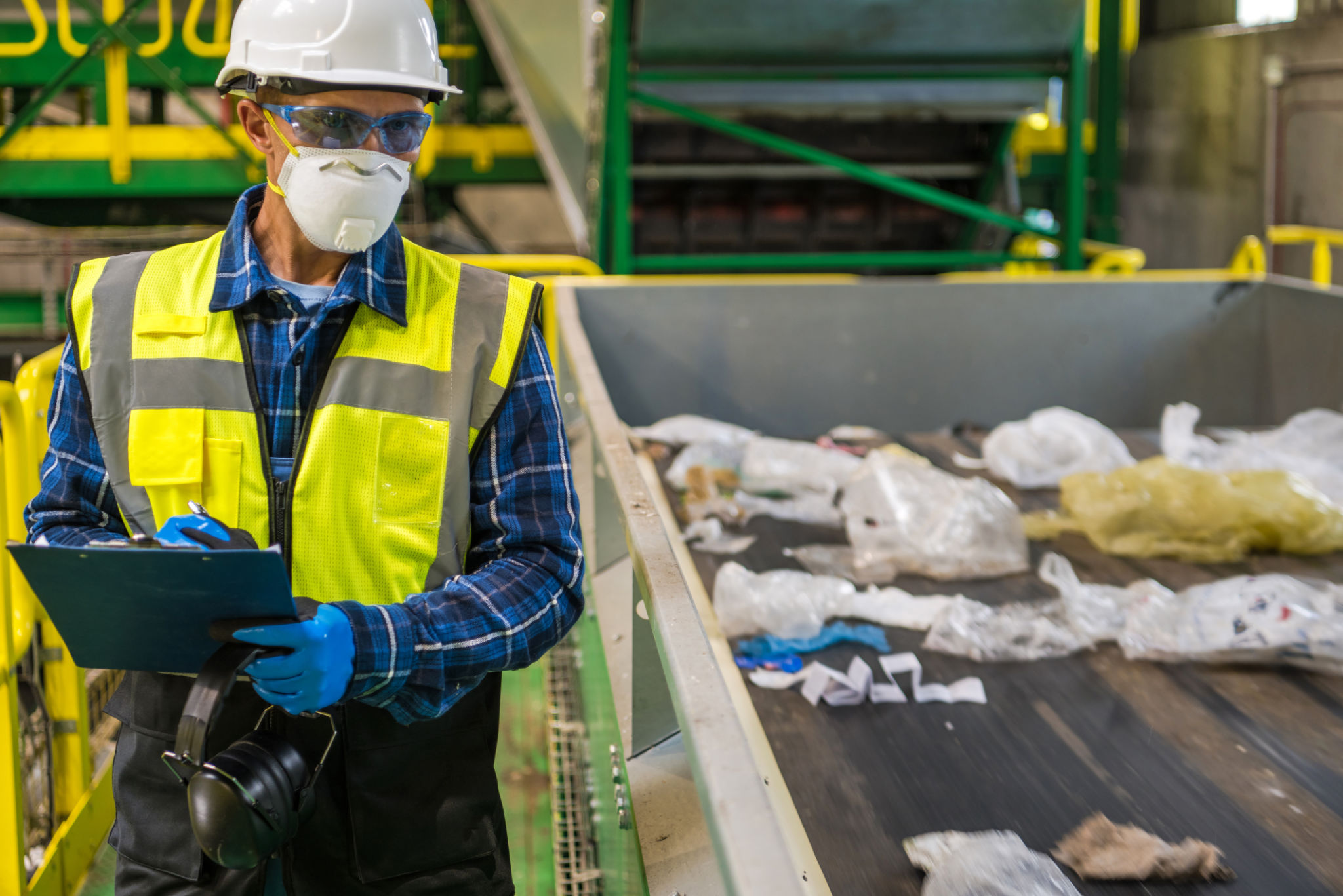Latest Recycling Practices for Commercial Businesses in the UK: What You Need to Know
JG
Understanding the Importance of Recycling for Businesses
Recycling is no longer just a buzzword or a trend; it has become a crucial component of corporate responsibility for businesses across the UK. With increasing environmental concerns and stricter government regulations, adopting the latest recycling practices is essential for commercial businesses. Embracing these practices not only helps the environment but can also enhance a company's reputation and reduce operational costs.

The Role of Legislation in Shaping Recycling Practices
Recent legislative changes in the UK have significantly impacted how businesses approach waste management and recycling. The Waste and Resources Action Programme (WRAP) has been instrumental in guiding businesses toward more sustainable practices. Additionally, the introduction of the Extended Producer Responsibility (EPR) scheme means manufacturers are now more accountable for the entire lifecycle of their products, including disposal and recycling.
Businesses need to stay updated on these regulations to ensure compliance and optimize their recycling efforts. Failure to do so could result in hefty fines and damage to brand reputation. Therefore, it’s imperative for enterprises to integrate these changes into their waste management strategies.
Implementing Efficient Recycling Systems
For businesses looking to enhance their recycling initiatives, setting up efficient systems is key. This often begins with conducting an audit to identify the types of waste being generated. Once businesses understand their waste output, they can establish tailored recycling programs that target specific materials like paper, plastics, and electronics.

Moreover, businesses can improve their recycling rates by providing employees with proper training and resources. Clear labeling of recycling bins and regular awareness campaigns can significantly increase participation and reduce contamination in recycling streams.
Innovative Recycling Technologies
The adoption of innovative technologies can further streamline recycling processes for commercial entities. Many businesses are now leveraging smart bins equipped with sensors that monitor waste levels and alert management when they need emptying. This not only optimizes collection schedules but also reduces unnecessary pickups, saving both time and money.
Additionally, advanced sorting technologies using artificial intelligence are becoming more prevalent. These systems can accurately separate different materials, increasing the efficiency and quality of recycled outputs.

Benefits of Partnering with Recycling Specialists
Working with specialized recycling partners can provide businesses with expert guidance and resources that are often not available in-house. These partners can offer bespoke solutions tailored to the specific needs of a business, ensuring compliance with regulations and improving overall sustainability efforts.
Recycling specialists can also assist in identifying opportunities for circular economy practices, where waste materials are repurposed into new products. This not only supports environmental goals but can also open up new revenue streams for businesses.
Future Trends in Commercial Recycling
Looking ahead, commercial recycling in the UK is set to become even more sophisticated with increasing digitalization and innovations. The integration of blockchain technology for traceability and transparency in waste management is on the horizon. This could revolutionize how businesses track their waste and showcase their sustainability credentials to stakeholders.
Moreover, as consumer demand for environmentally responsible companies grows, businesses that proactively adopt cutting-edge recycling practices will be better positioned to thrive in a competitive marketplace.

In conclusion, staying informed about the latest recycling practices is vital for commercial businesses seeking to enhance sustainability, comply with regulations, and maintain a positive brand image. By investing in efficient systems, innovative technologies, and strategic partnerships, businesses can significantly impact both the environment and their bottom line.